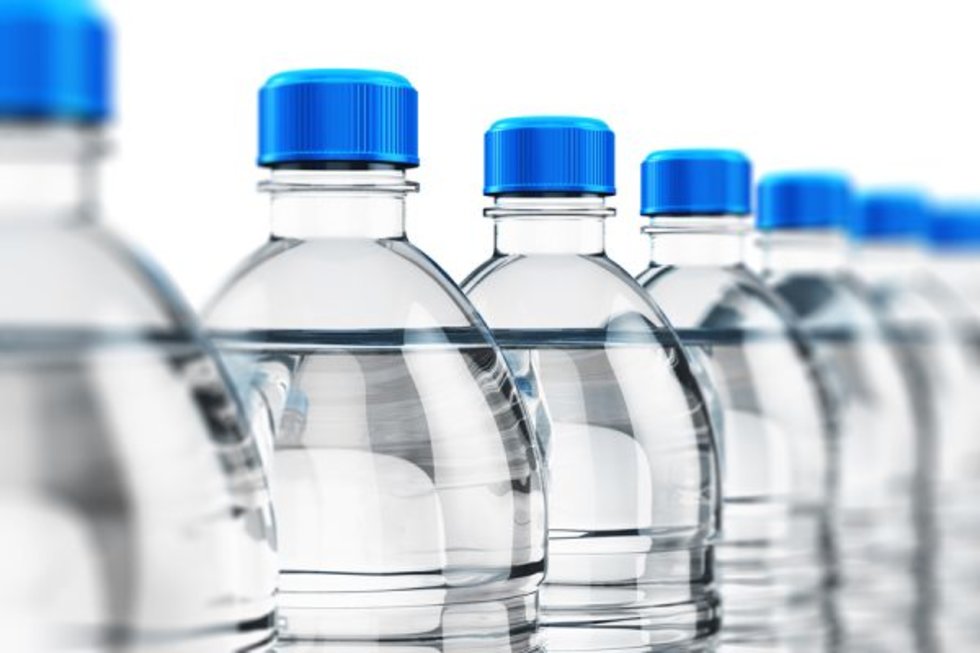
Written by Talia Postigo T.
The other day I saw the 10 0.5 liter bottles of water that I take every week in the office. I thought about the 3 people that work with me and that if they consumed the same as me, we would be generating 30 bottles a week. What becomes 140 per month, which translates to 1680 bottles per year. Many times my bottles end up in the common trash, because of laziness or because I do not find a recycling bin nearby. Easy only two of the ten bottles that I take a week get recycled. That is, I contribute 24 kilos of plastic bottles that end up in a sanitary landfill or even worse, in a dump, because being an institutional garbage, it is difficult for me to have the luck of having a street recycler find them to put them together and recycle them before that the garbage truck takes them.
Consuming bottled water is expensive, not necessarily healthier and generates many environmental impacts, from the use of thousands of tons of barrels of oil to produce their containers and transport them to the points of sale, until the generation of millions of tons of garbage per year in bottles that do not get to be recycled. In our country not all households are lucky enough to have potable water and if they have it, it is not always reliable to drink it directly from the spout, so they think there is no alternative but to drink bottled water.
However, there are other alternatives through which we can reduce our environmental impacts and at the same time take care of our health by consuming this precious resource.
And when there is no alternative but to consume bottled water, always recycle plastic bottles.
For my part, in the office I now have a half-liter cup full of the filtered water can we have for the entire floor. I fill it every morning and afternoon and wash my cup at the end of the day to use again the next day. And at home we have a filter for water.
If you want to know more about the impacts generated by the production of bottled water, in these links you can find interesting information.
Highlights on bottled waterhttp:
//www.stumbleupon.com/su/1P5tND/kuvaton.com/kuvei/facts_about_bottled_water.jpg/r: f
The history of bottled water (2010)
http://www.youtube.com/watch?v=Se12y9hSOM0